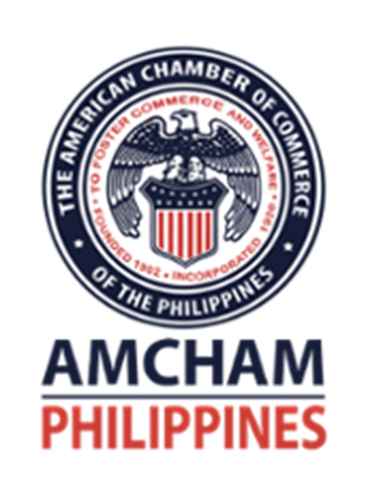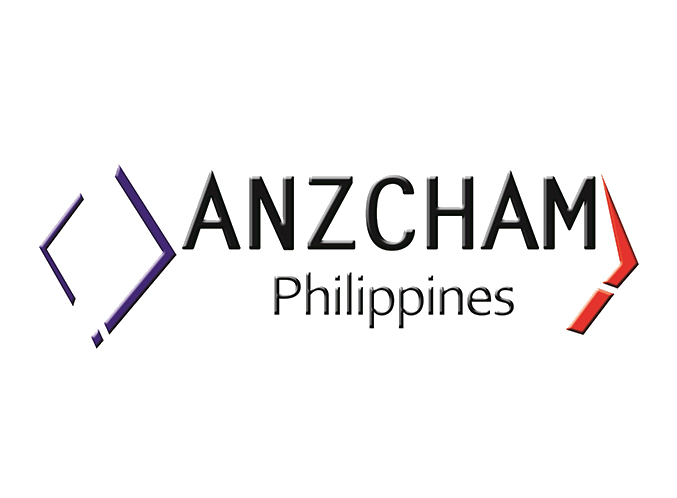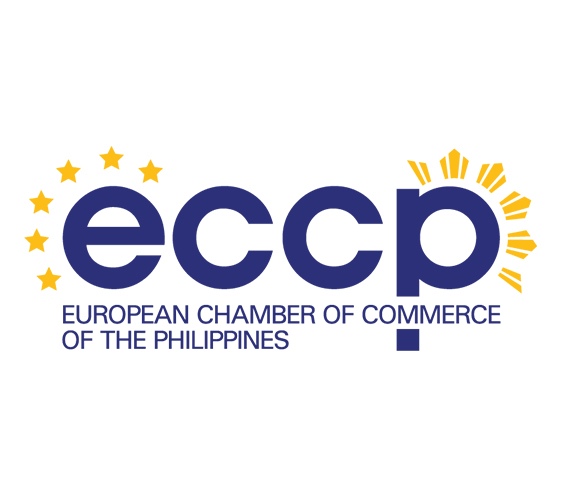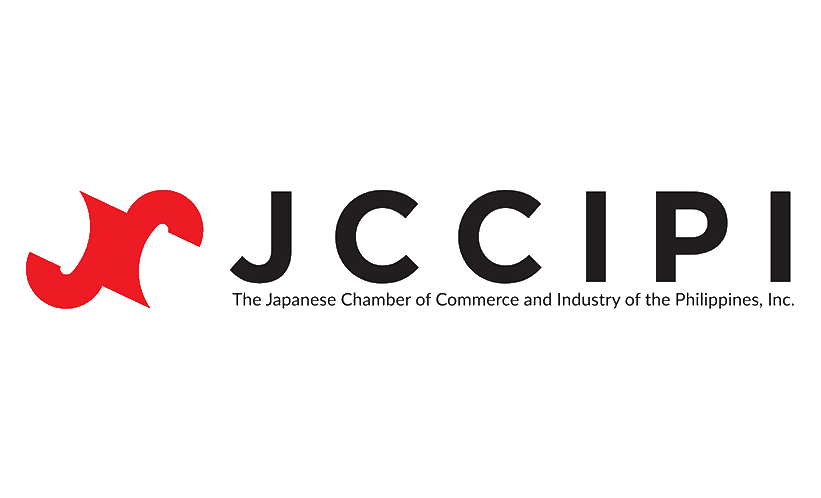Recommendations (BPO)
Headline Recommendations
- Strengthen the industry with a robust legal framework. The 15th Congress should pass as soon as possible: (1) Department of Information and Communication Technology, (2) Cybercrime, (3) Data Privacy, (4) Holiday Rationalization, and (5) much needed Labor Code amendments (all of which improve country competitiveness). Avoid new laws discouraging investment and that make it more difficult to operate businesses.
- Develop a highly positive and supportive environment for the industry. Achieve wide public understanding of the industry’s present and potential contribution to the economy and generate public support for the industry. Adopt the National Competency Test for hiring. Expand higher-speed broadband using new fiber-optic network in more cities. Maintain the fiscal incentive regime supportive of the sector and ensure LGUs are supportive of IT-BPO firms following the intent of PEZA/BOI guidelines. Promote the IT-BPO industry with an aggressive international marketing campaign.
- Raise quality and quantity of labor supply available to the industry. Implement educational reform to improve quality of graduates. Correct lack of exposure to spoken English by promoting use of English language in broadcast mediaand advertising. Use Internet cafes for English training. Increase computers in public schools and use computers for English training. Colleges should adopt curriculum that properly prepares students for IT-BPO careers, introduce integrated service, science, management courses and, industry-standard programs in English and technical courses. Expand more certification programs, scholarships, and management development programs.
Recommendations (30)
A. Strengthen the industry with a robust legal framework, passing five key bills and opposing legislation that harms the IT-BPO investment climate. The 15th Congress should pass as soon as possible: (1) Department of Information and Communication Technology Act, (2) Cybercrime Prevention Act, (3) Data Privacy Act, (4) Holiday Rationalization, and (5) Labor Code amendments, all improving country competitiveness. Avoid new laws discouraging investment, such as security of tenure. Continue fiscal incentives for IT-BPO. (Medium-term action CICT, DTI, DOF, DOLE, and private sector)
B. The concerned committees in the House and Senate should be asked to quickly report out two bills – DICT and Cybercrime – which came close to final passage in the 14th Congress. Stakeholders should urge the Congressional leadership to approve the bills early in the 15th Congress. Industry leaders must participate in committee hearings to inform legislators of the importance of such legislation. The Data Privacy bill will take longer for hearings to be held but should also move quickly. (Immediate action CICT, Congress, and private sector
C. Draft and pass a Holiday Rationalization Act which (1) restricts the total number of national non-working holidays to a regionally competitive number, (2) allows firms servicing foreign clients on Philippine national and local non-working holidays to give employees substitute days off, and (3) exempts firms engaged in the export of goods and services from local non-working holidays. Malacañang should continue to release no later than mid-year the schedule for the following calendar year of all national holidays, both working and non-working. Alternatively (to 2), draft and approve DOLE administrative rules to permit IT-BPO companies to give alternative days off to employees who have to work on holidays, in lieu of holiday overtime pay. (Medium-term action CICT, DOLE, Congress, and private sector)
D. In the Rationalization of Fiscal Incentives bill, there should be double deduction for training within the industry, regardless of whether the firm paying for training hires the trainee. (Immediate action CICT, DTI, Congress, and private sector)
E. When the 15th Congress begins, identify champions in both House and Senate who will sponsor key bills and work for their passage. BPAP, the JFC, and other Philippine business groups and stakeholders should work together with these champions to urge the next administration and the new Congress to enact these bills within a year. (Immediate action CICT, DTI, Congress, and private sector)
F. Request the next president to convene regular meetings of the Legislative Development Advisory Council (LEDAC), a strategy used effectively in the Ramos administration. The president should convene key cabinet officials and Congressional leaders bi-weekly during legislative sessions to decide priorities and strategies to advance the government’s legislative agenda. (Immediate action OP and private sector)
G. Materials for the information campaign should show how the Philippines is lagging behind competitors in terms of its IT-BPO sector business legal framework. (Immediate action OP, DTI, CICT, and private sector)
H. Pending passage of the Cybercrime Prevention and Data Privacy Acts, create interim solutions to address the primary concerns of industry stakeholders. An industry subgroup should study possible revision of the IRRs of the E-Commerce Act and Consumer Protection Act to address major issues of data piracy. Before the Cybercrime Prevention bill is refiled in the new Congress, sector stakeholders should study whether some of its provisions on data protection can be promulgated in a DTI departmental order. (Immediate action CICT, DTI, and private sector)
I. Review PD 1718 and explore how it can help companies on data piracy issues in the interim until such a time as a Data Piracy Act is legislated. (Immediate action CICT and private sector)
J. BPAP and other private sector associations should endorse the "ethical best practices manual" of the Philippine medical transcription industry that includes templates for service-level agreements, acceptable business practices, marketing, solicitations, and data privacy guidelines.
Recommend to the DTI the manual’s inclusion in the revised Administrative Order (AO) on data privacy guidelines and eventually in the Data Privacy Act. (Immediate action CICT, DTI, and private sector)
K. Develop a highly positive and supportive public environment for the industry, informing the media, public, and Congress of its contribution to the Philippine economy and correcting misperceptions. Industry and government – in partnership with universities – should undertake a broad-based public information campaign regarding contributions of the IT-BPO sector to the economy in terms of investment, jobs, and public sector revenues. A special Task Force is needed to plan and implement this campaign. IT-BPO companies could start the information campaign internally with their own employees. (Immediate action CICT and private sector)
L. The Task Force should also propose ways to modernize the Labor Code to make the Philippines more competitive as a destination for investment through revision of IRRs, issuance of department orders, and amendments to the Labor Code. Stakeholders should collaborate with law firms who will help the Task Force draft any needed amendments for introduction in the Congress. (Medium-term action CICT, DOLE, and private sector)
M. Propose amendments to the Labor Code that make it easier for companies to reasonably terminate employees and remove the prohibition on night work of women. Oppose amendments that make it more difficult to subcontract; flexibility is important for firms to survive. Work with DOLE to find ways to address abuses by smaller firms. (Medium-term action DOLE, Congress, and private sector)
N. Industry and government should identify manpower requirement goals by sub-sector, function, and specialty. There is need to develop more sophisticated quantification of IT-BPO manpower requirements. (Immediate action CICT, DOLE, and private sector)
O. Adopt the National Competency Test at a regional (if not national) level. The private sector should agree to use it as a basis for hiring new employees. There is a need for funds from the private sector to administer the test and for commitment from the GRP, if not the companies, to impose a testing requirement. (Immediate action CICT, CHED, TESDA, and private sector)
P. Adopt an industry-wide technical and leadership management certification to improve the quality of managers in the sector. (Immediate action CICT and private sector)
Q. Accelerate development of local managers. Introduce SSME as a program/degree in the Philippine educational system. Business schools should develop and train new service industry leaders. Enhance and advertise the BPAP program to develop new managers; IT-BPO executives should participate as facilitators. The government and private sector should offer more scholarships to develop managers. (Medium-term action CICT, CHED, and private sector)
R. BPAP and other private sector leaders should participate in the CHED technical panel in 2010 to suggest curriculum improvements. (Immediate action private sector)
S. Increase the use of English on local television. Media, advertisers, and MNCs should rethink their strategies and practices. The BPO sector should urge manufacturing companies, advertising and marketing agencies, and television to use more English to improve English proficiency. If the public is exposed more to English on television they will absorb more. (Immediate action CICT, CHED, DepEd, and private sector)
T. Develop an affordable Internet cafe English training program. They are accessible, have computers, and are inexpensive. Arrange for high-quality English e learning access at Internet cafes, promote, and incentivize usage. The government can sponsor access to these programs. (Immediate action CICT, DepEd, and private sector)
U. Develop a program to provide used computers to schools and install English software. Obtain an agreement between BPAP, SEIPI, JFCs, and DepEd for MNCs to donate used computers to public schools. Seek funds from countryside development funds of congressmen and senators to provide English training software. (Immediate action CICT, DepEd, Congress, and private sector)
V. Organize real estate developers and BPO leaders to build a university specifically for careers in the IT-BPO industry. (Medium-term action CICT, CHED and private sector)
W. Totally reposition the IT-BPO career opportunity as world class to make it more appealing to applicants. Emphasize senior and middle-level positions in the industry with more developed skill levels. Invest more in training, including sending employees abroad for training programs. Organize BPAP-led internships for college students to expose them to IT-BPO work. (Medium-term action CICT and private sector)
X. Develop a repatriation program for qualified Filipino talent overseas, along the lines of the "Balik Scientist" program that attracted engineers from California in the 1990s. Create incentives including payment of moving cost and competitive salaries for executives.
Y. Continue to locate operations in second and third-tier cities and provinces. (Medium-term action CICT, LGUs, and private sector)
Z. Promote the Philippine IT-BPO industry with a well-funded and aggressive international campaign to better market and promote awareness of the industry. Focus on success stories. There is an urgent need for a sophisticated campaign with participation of the private sector and GRP financial support. As the global recession ends, many companies are deciding where to reinvest, and many decisions will involve outsourcing and offshoring to reduce business costs. (Immediate action CICT, DTI, NEDA, and private sector)
AA. The Philippine government should publicize a clearer policy supporting development of the IT-BPO sector that clearly explains the role of each branch of government. The GRP should implement a consistent and stable legal framework and policies to create the environment most conducive to business. GRP agencies should avoid abrupt policy changes and varied interpretations. (Immediate action OP, CICT, DTI, NEDA, and private sector)
BB. LGUs should become more uniformly supportive of IT-BPO firms in their jurisdictions. LGUs should follow PEZA/BOI guidelines. One-stop shops should be set up in key LGU sites that are and will become IT-BPO industry hubs. LGUs should be more involved in investment promotion. A common practice for the fees charged by LGUs for services should be established with clear, reasonable, and consistent policies. Publicize the best and also the worst practices of LGUs; reward progressive cities with new investment. Publicity can help correct bad practices and replicate good ones. (Immediate action CICT, DILG, DTI, LGUs and private sector)
CC. Introduce higher-speed broadband. New-generation fiber-optic technology is needed for heavy business tasks, such as transferring large amounts of information at very fast speeds. The sector needs both wireless Internet and a higher-speed national broadband network. Government and telecommunication companies should accelerate planning and implementation of higher-speed broadband. Capital investment by the private sector should receive fiscal incentives. (Medium-term action CICT, DOTC, NEDA and private sector)
DD. Take actions to reduce operating costs. Study ways for IT-BPO locators in IT zones to access electric power discounts granted to PEZA locators at horizontal zones. Review current PEZA policy requiring density of 70 square feet per seat and consider 50 feet, which can save 18% of set-up costs. Public and private sectors must do more to reduce IT-BPO firm attrition rates as a cost-saving measure. (Immediate action CICT, PEZA, and private sector)





























